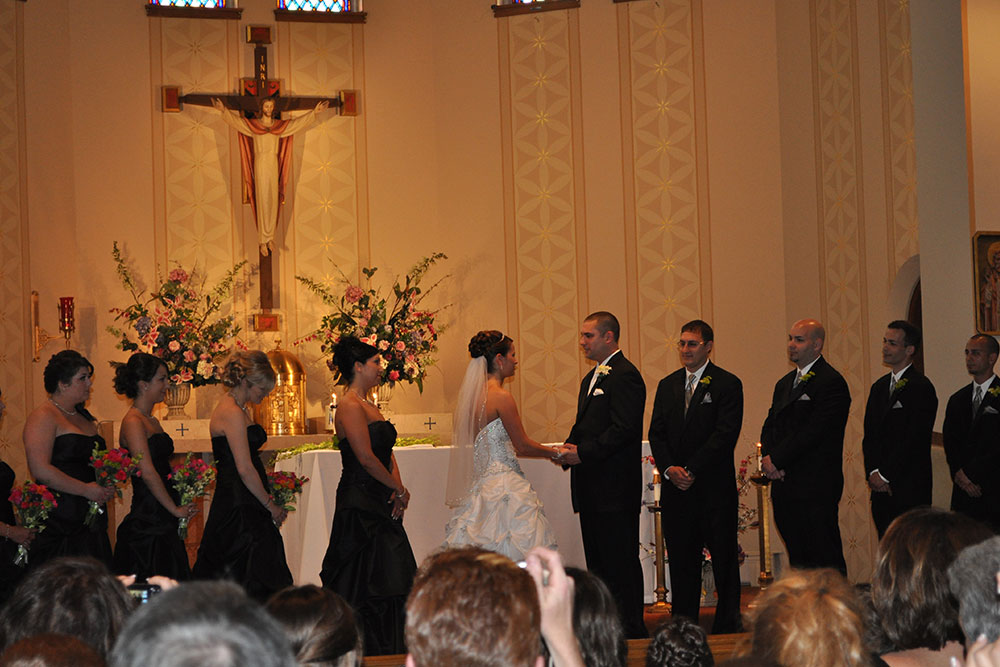Weddings
When it comes, there are differing views. Back in the day, (and paying for) the entire celebration. Today, most people believe for their own wedding—especially if they have for some time. Of course, parents often want to pitch in. Contributions should be negotiated according to willingness and ability, but the traditional divisions on the following slides will offer some more guidance on who pays for what at a wedding.
Whether your parents (or your future spouse’s parents) are generously it’s helpful to understand who historically has paid for each aspect of the big day. While it’s by no means mandatory for the bride’s family to pay for and the groom’s parents to foot the bill for a working knowledge of how a wedding bill typically shakes out will help everyone navigate this tricky business.
Here, what you need to know about how a traditional budget breaks down, plus tips to help you decide who will pay for what.
Who Pays for the Engagement Party?
:max_bytes(150000):strip_icc():format(webp)/jen-elihu-wedding-009601-r1-012-s111865_vert-44ff2b83410f4bd8a278721746de9f72.jpg)
Traditionally, the bride’s parents (although anyone can host!) will for their daughter and her husband-to-be, for the express purpose of welcoming him and introducing friends and extended family to the groom and his family and friends. Although this isn’t a requirement, it can be a wonderful way to get future wedding guests together to establish a rapport before the event—familiar faces always make for a more convivial affair.













